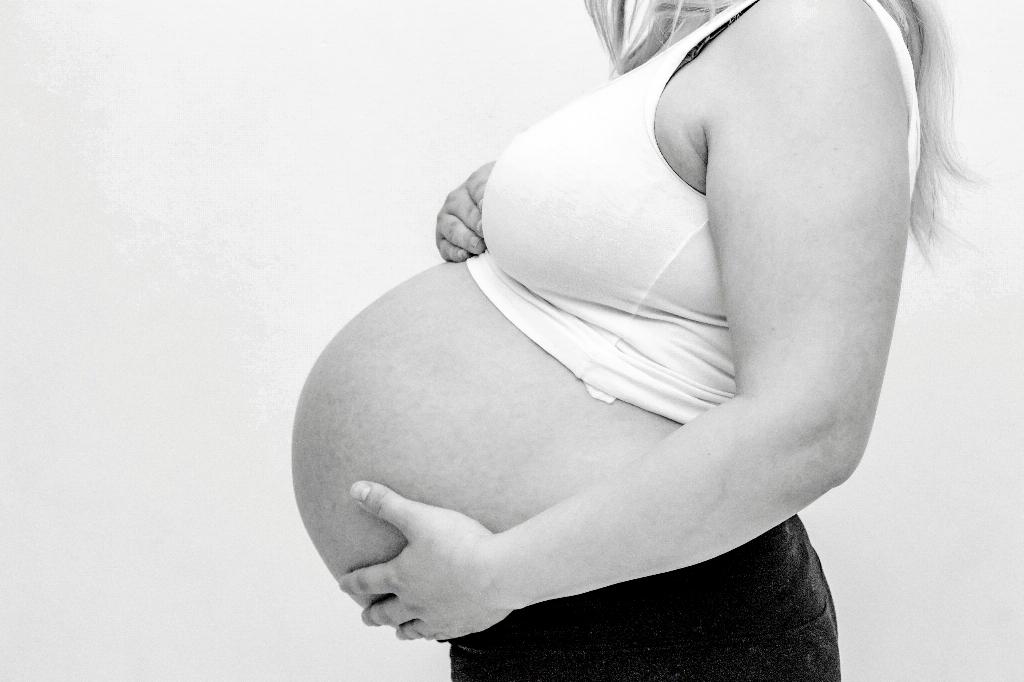When faced with the emotional rollercoaster of a chemical pregnancy, one of the common concerns that arise is the duration of the associated bleeding. Given the early nature of these losses, the bleeding that occurs is often similar to a regular menstrual period. However, it is essential to consider that each woman’s experience may vary.
Factors Influencing Bleeding Duration
Several factors can impact how long the bleeding lasts during a chemical pregnancy. While some individuals may only experience light bleeding for a few days, others might have heavier bleeding that continues for a slightly longer duration. It’s crucial to remember that every person’s body responds differently to such situations.
Normal Length of Chemical Pregnancy Bleeding
In most cases, the bleeding associated with a chemical pregnancy should cease within a few days. It’s typically shorter in duration compared to a regular period. However, some women may notice that the bleeding is slightly more pronounced or lasts a bit longer than their usual menstrual flow.
Monitoring the Bleeding
During a chemical pregnancy, it’s recommended to keep track of the bleeding patterns. If the bleeding becomes excessively heavy or continues for an extended period, it’s advisable to seek medical advice. Your healthcare provider can offer guidance on what is considered normal in such circumstances.
Emotional Impact of Prolonged Bleeding
Extended or heavier bleeding during a chemical pregnancy can have emotional ramifications on individuals. It’s essential to prioritize self-care and seek support from loved ones or a healthcare professional if needed. Remember, it’s okay to feel a range of emotions during this period.
Importance of Self-Care
Amidst the physical and emotional challenges of a chemical pregnancy, practicing self-care is crucial. Ensure you are getting adequate rest, staying hydrated, and nourishing your body with healthy foods. Engaging in activities that bring you comfort can also aid in the healing process.
Seeking Support
It’s essential not to navigate this challenging time alone. Reach out to friends, family members, or support groups for emotional assistance. Sharing your feelings and experiences with others who understand can provide solace and reassurance during a period of vulnerability.
Consulting a Healthcare Provider
If you have concerns about the duration or intensity of the bleeding during a chemical pregnancy, don’t hesitate to consult your healthcare provider. They can offer tailored advice based on your individual circumstances, ensuring you receive the necessary support and guidance.
Embracing Healing
Healing from the emotional impact of a chemical pregnancy is a gradual process. Give yourself permission to grieve, allow yourself time to recover, and be patient with your journey towards acceptance and healing. Each person’s healing process is unique.
Looking Ahead
While a chemical pregnancy can be emotionally taxing, it’s essential to look towards the future with hope and optimism. Remember that resilience and strength reside within you, and as you navigate this challenging experience, you are also cultivating a sense of inner fortitude.
Final Thoughts
In conclusion, the duration of bleeding during a chemical pregnancy can vary among individuals. While it typically lasts for a few days and resembles a normal period, monitoring any changes and seeking support are crucial aspects of managing this experience. Remember to prioritize self-care, seek guidance when needed, and embrace the healing journey with compassion and resilience.

